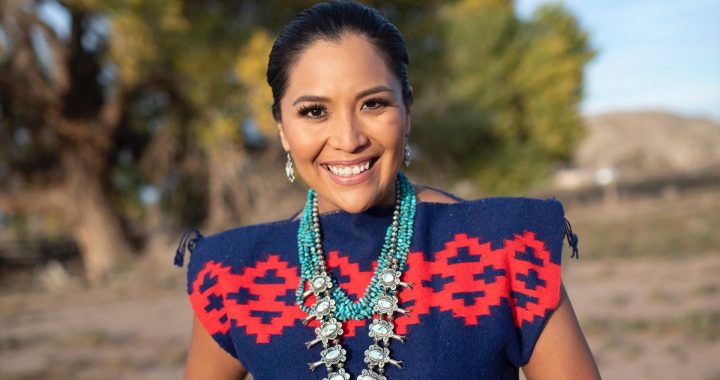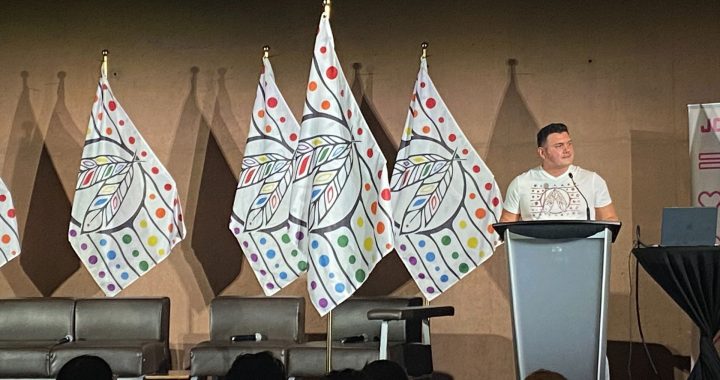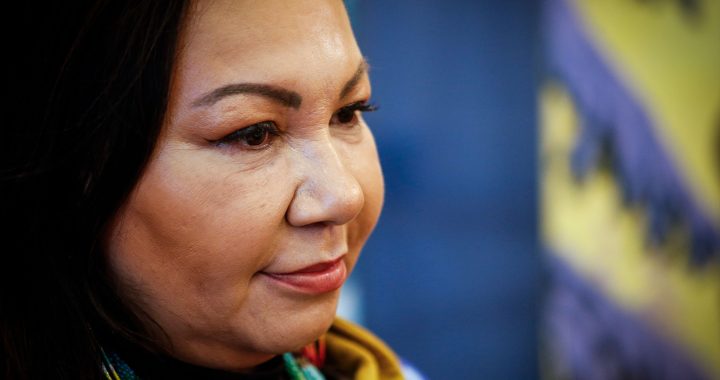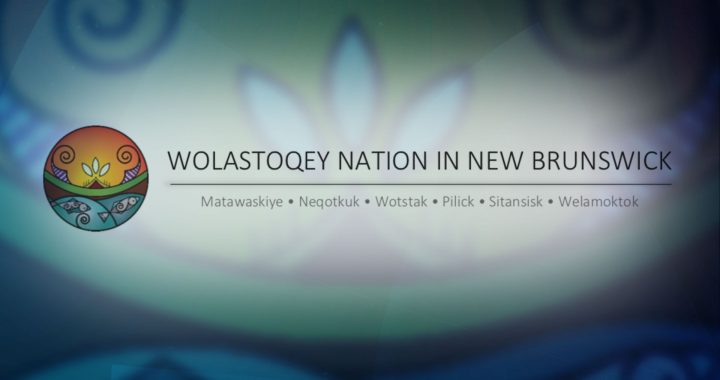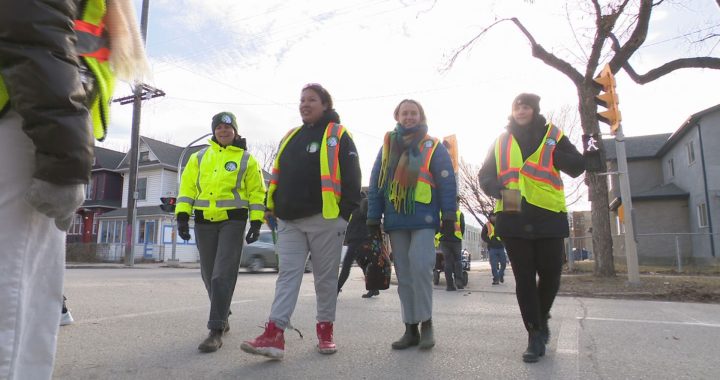Residential school commission received nutritional experiment documents in 2010
The commission created to delve into the dark history of residential schools has been in possession of documents related to nutritional experiments conducted on First Nations people for at least three years, according to Aboriginal Affairs Minister Bernard Valcourt’s office.
By Jorge Barrera
APTN National News
The commission created to delve into the dark history of residential schools has been in possession of documents related to nutritional experiments conducted on First Nations people for at least three years, according to Aboriginal Affairs Minister Bernard Valcourt’s office.
Valcourt’s office said most of the 900 documents were turned over to the Truth and Reconciliation Commission in 2010 and the rest in 2011. The documents are all related to nutritional experiments conducted on First Nations people and children in residential schools between 1942 and 1952.
“These are abhorrent examples of the dark pagers of the residential schools’ legacy,” said Andrea Richer, in an email to APTN National News.
A spokesperson for the TRC confirmed the commission is in possession of the documents. The spokesperson said TRC Commissioner Justice Murray Sinclair believes the commission’s researchers need to take a thorough look at the documents before issuing any comment.
The nutritional experimentation issue will be addressed in the TRC’s final report, the spokesperson said. The TRC’s mandate ends next year.
The subject of nutritional experiments exploded last week after the Canadian Press reported on a study by University of Guelph food historian Ian Mosby. Mosby’s study was titled Administering Colonial Science: Nutrition Research and Human Biomedical Experimentation in Aboriginal Communities and Residential Schools, 1942-1952.
The study found that the experiments were conducted in communities and six residential schools in northern Ontario, northern Manitoba, British Columbia, Alberta and Nova Scotia. The targeted communities included Norway House, Cross Lake and God’s Lake Mine in Manitoba, along with residential schools in Port Alberni, B.C., Lethbridge, Alta., Kenora, Ont., and Shubenacadie, N.S.
The Assembly of First Nations, which was gathered in Whitehorse, Yukon, for an annual general meeting at the time, immediately reacted after the story surfaced and passed an emergency resolution calling on Ottawa to apologize for the biomedical experiments.
Grassroots activists also responded by calling for national moment of silence on Thursday to “reflect upon the impacts of Canada’s residential schools,” according to a press statement. The remembrance event, with planned gatherings in Ottawa, Thunder Bay, Ont., Sudbury, Ont., Winnipeg, Saskatoon, Edmonton and Vancouver, will also call on Ottawa to “honour its 2008 apology” to residential school survivors and release all documents requested by the TRC.
The TRC and Ottawa have been battling over the release of residential school documents.
Valcourt has said that Prime Minister Stephen Harper’s 2008 apology covered the nutritional experiments.
@JorgeBarrera




